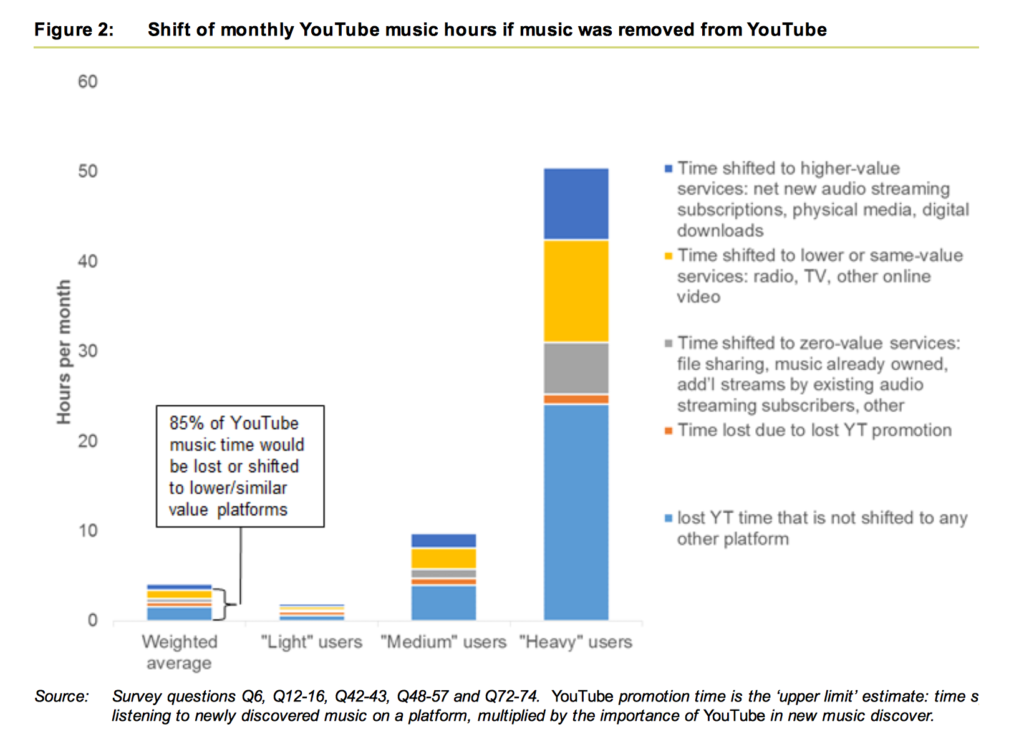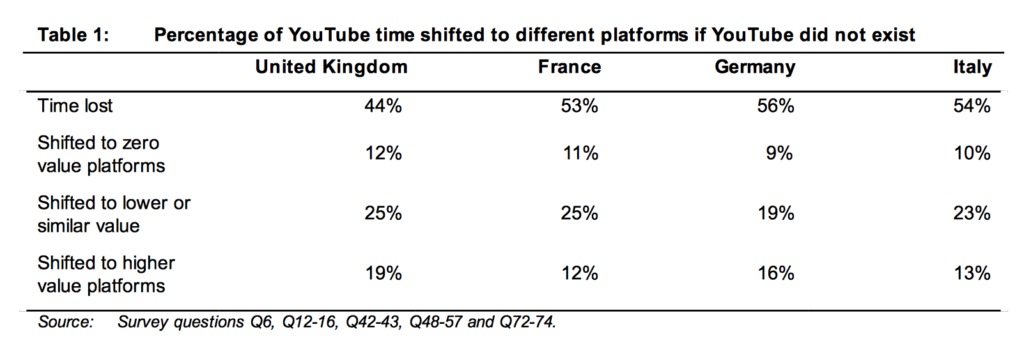YouTube defends its value to music industry with new study
Lars Brandle

It’s no secret YouTube has an uneasy relationship with its content providers from the music biz.
Through (apparently) gritted teeth, Warner Music’s CEO Stephen Cooper negotiated recorded music and publishing deals with the giant streaming platform, through months of “tough negotiations” and in “very difficult circumstances,” he told his staff in an internal memo which leaked in recent days.
Almost immediately, former CEO and president of recorded music at Warner Music Group Lyor Cohen, now YouTube’s head of global music, returned fire at Cooper and claimed the exec uttered nothing in negotiations about “safe harbour” or the perceived value gap.
With this industry beef bubbling away on the sidelines, Google has commissioned competition-law expert RBB Economics to compile a study on the video platform’s knock-on effects for the music market.
Among the big findings is that “significant cannibalisation” by YouTube of other legitimate music channels is “unlikely,” based on the idea that in the absence of YouTube, users would switch to spending more time on piracy or file sharing.
Using tables, graphs and loads of glorious numbers to illustrate its reasoning, the RBB’s report also found that, were YouTube to no longer exist, 85% of the time spent listening to music on the platform would be lost or shifted to so-called lower value channels such as TV, radio and web radio.



The report, titled “Value of YouTube to the music industry, Paper I: Cannibalization,” also crunched the numbers from Germany, where a swathe of music videos were blocked on YouTube for years due to a licensing impasse with the domestic PRO GEMA. Both parties reached a new deal last November though, according to the RBB’s findings, blocking content on YouTube had little effect on the performance of a song on legitimate streamers.
The RBB’s results are based on a survey of 1,500 people, as well as data on YouTube views and streams on about 5,000 tracks in the U.K., France, Germany and Italy.
The report also helpfully points out that YouTube paid out $1 billion in ad revenue to the recording industry, which was widely reported to have grown by almost 6% in revenue last year to nearly US$15.7 billion, the biggest single year spike in the 20 years since the peak body started tracking the market.
The recorded music industry isn’t singing from the same hymn sheet. The IFPI responded with its own statement, in which it notes: “Google’s latest publicity push once again seeks to distract from the fact that YouTube, essentially the world’s largest on-demand music service, is failing to license music on a fair basis and compensate artists and producers properly by claiming it is not liable for the music it is making available.”
This article originally appeared on The Industry Observer, which is now part of The Music Network.
The Music Network
Get our top stories straight to your inbox daily.
Related articles
The Music Network
Get our top stories straight to your inbox daily.






























